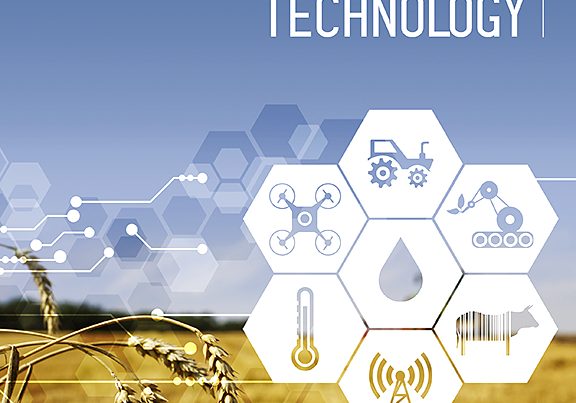Document type: article published in Science
Authors: David Grimm
Preview: New research is revealing surprising complexity in the minds of goats, pigs, and other livestock. [...] That's the core idea here at the Research Institute for Farm Animal Biology (FBN), one of the world's leading centers for investigating the minds of goats, pigs, and other livestock. On [the]campus [...] scientists are probing the mental and emotional lives of animals we've lived with for thousands of years, yet, from a cognitive perspective, know almost nothing about.
The work is part of a small, but growing field that's beginning to overturn the idea that livestock are dumb and unworthy of scientific attention. Over the past decade, researchers at FBN and elsewhere have shown that pigs show signs of empathy, goats rival dogs in some tests of social intelligence, and, in one of the field's, um, splashiest recent finds, cows can be potty trained, suggesting a self-awareness behind the blank stares and cud chewing that has shocked even some experts. "There's a lot to be learned by studying the mental lives of these creatures," says Christopher Krupenye, a Johns Hopkins University psychologist who explores cognition in humans and more traditional animal models such as chimpanzees and dogs. Ignoring livestock, he says, has been a "missed opportunity" by the scientific community.
The field faces challenges, however [...]. Farm animals can be huge, many are hard to train, and traditional funders and high-profile journals have generally spurned such studies. But as scientists push past these obstacles, they are gaining insights not only into the minds of livestock, but into the evolution of our own cognition as well. What they learn could even change the way we house and treat these creatures. "If we don't understand how these animals think, then we won't understand what they need," says Jan Langbein, an applied ethologist at FBN. "And if we don't understand what they need, we can't design better environments for them." [...]There are an estimated 78 billion farm animals on Earth-a number that dwarfs monkeys, rodents, and humans combined-and we have lived with them longer than any other creature save dogs. Yet in an era where researchers are modeling rat brains on computers and showing that our canine pals may be able to intuit our thoughts, livestock remain a black box.
[...] until recently, scientists didn't take their cognition seriously. "When I went to my first research conferences, people didn't understand why I was studying the minds of farm animals," says Christian Nawroth, a behavioral biologist at FBN. Why waste your time if it's not going to improve milk or meat production, he recalls them asking. "They didn't see the point." [...]"Christian's work has exposed a lot of commonalities that people would be surprised to find," says Krupenye, the Hopkins psychologist. That's the advantage of studying livestock, he says. Because farm animals encompass so many different species that are so far apart on the tree of life, they allow scientists to test just how widespread certain cognitive abilities are. And because humans may have domesticated themselves when they began living in close-knit groups, such studies could even provide insight into the evolution of our own minds. The studies on livestock, Krupenye says, are providing "a really important insight."




